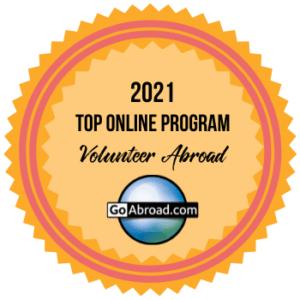Wildlife medicine is evolving constantly and takes an open mind and willingness to learn and be innovative.
Journey to drive change



Wildlife medicine is evolving constantly and takes an open mind and willingness to learn and be innovative.


